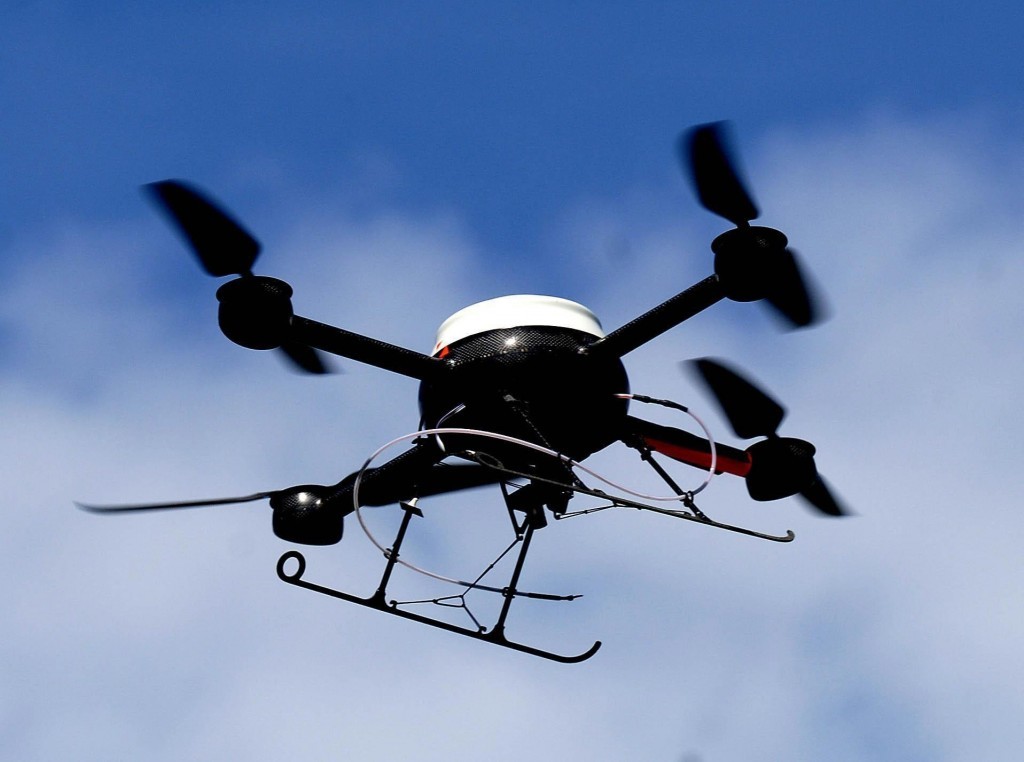
Researchers at the University of Aberdeen have found that the use of drones to monitor oil and gas pipelines could bring significant benefits.
Monitoring is usually carried out on foot or by helicopter, but scientists believe the use of drones could bring new efficiencies – especially in remote or hard to reach areas.
Dr David Green, who co-authored the study said: “One of the main benefits of using drones for this analysis is that they can be programmed to cover large areas in a systematic way, as well as get to difficult to reach areas.
“Not only would this be more cost-effective, but it allows inspectors a flexible solution to any issues of restricted access, which may prove crucial in identifying a problem.
“While specific rules would have to be developed to allow for the full development of this technology, our research makes clear that drones can play an important role in the inspection, monitoring and maintenance of oil and gas pipelines in the near future.”
Pipeline networks are regularly inspected to ensure appropriate maintenance can be carried out to keep the installation safe.
The study examined a number of options for the use of the technology, including the deployment of small multirotor platforms in local inspection missions and the use of fixed wing devices for covering larger areas.
Advances in technology mean that sensors which can detect rust or corrosion are now small enough to be mounted on drones.
Recommended for you
